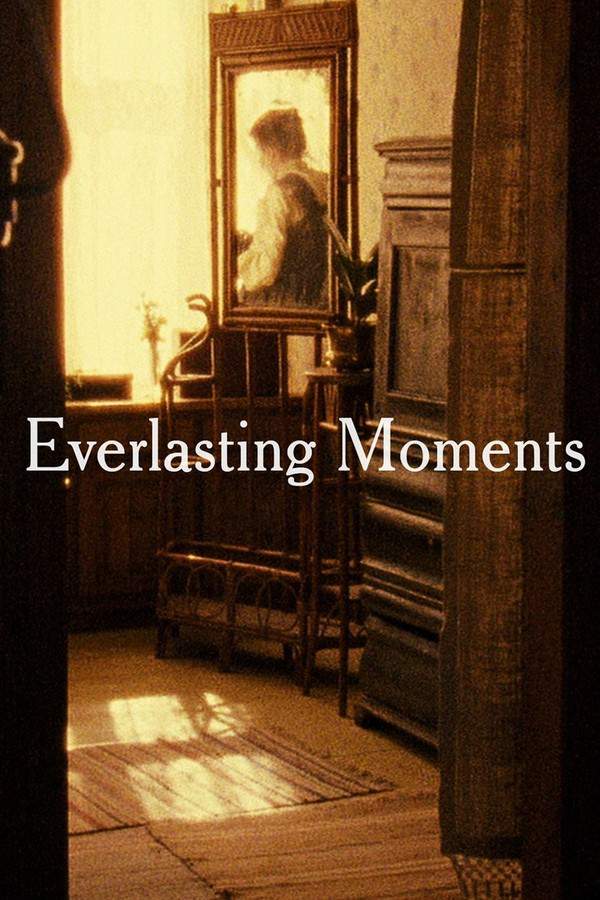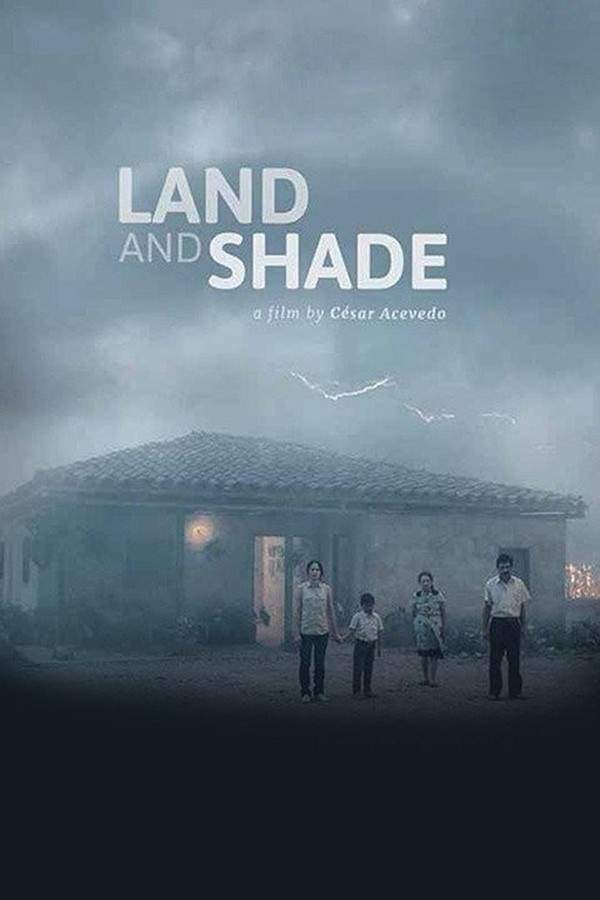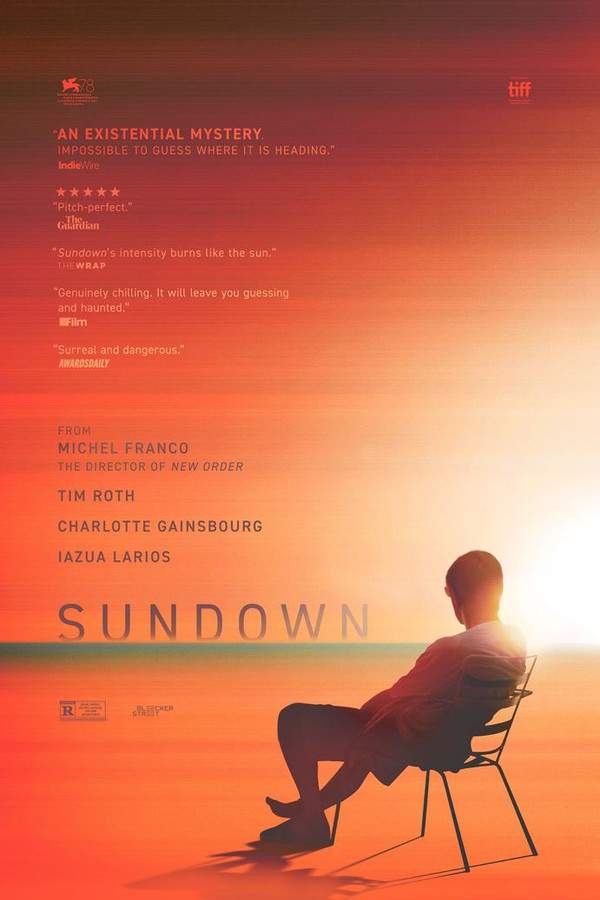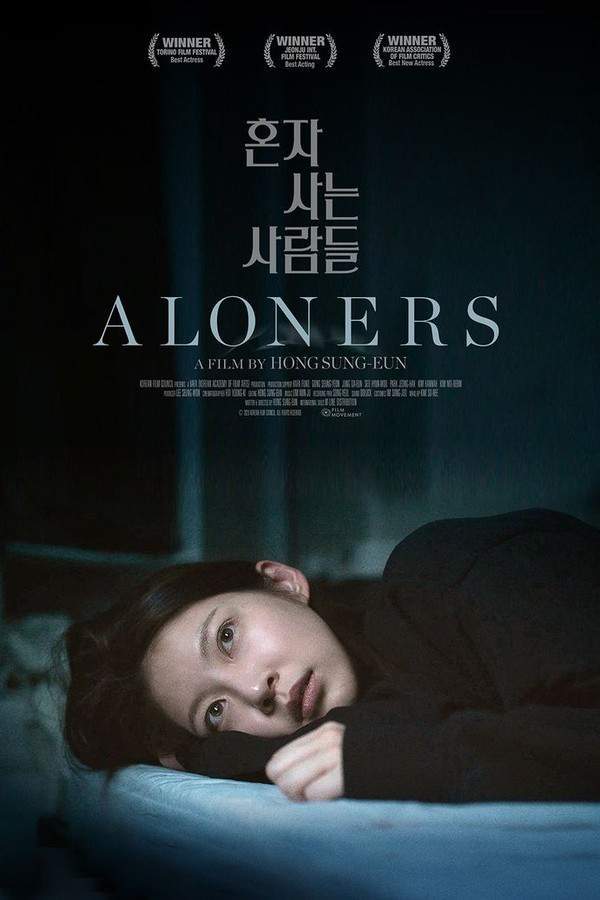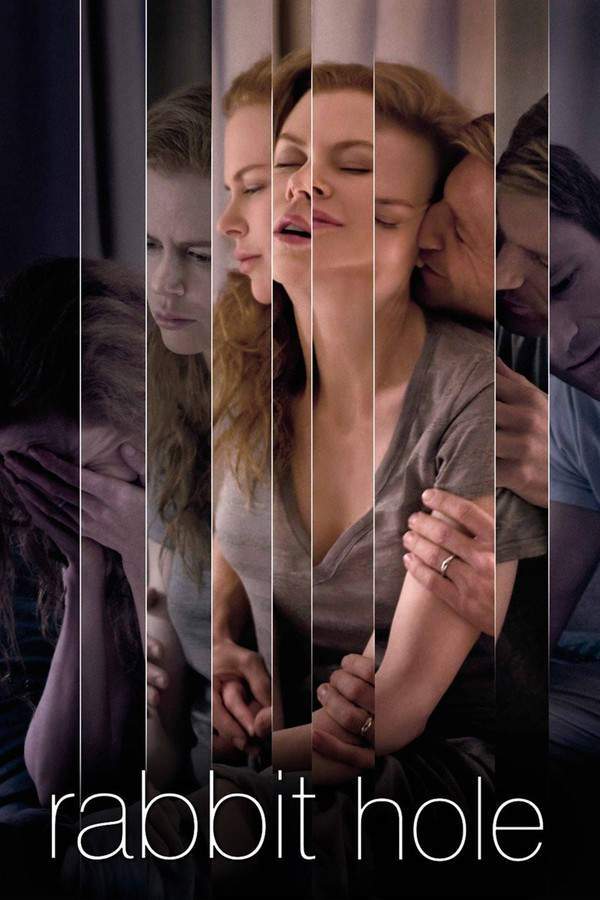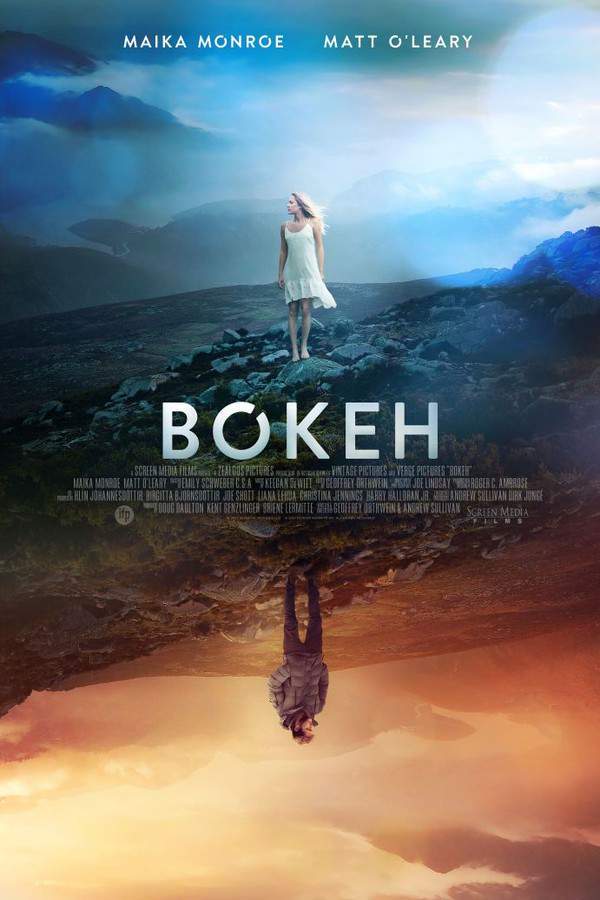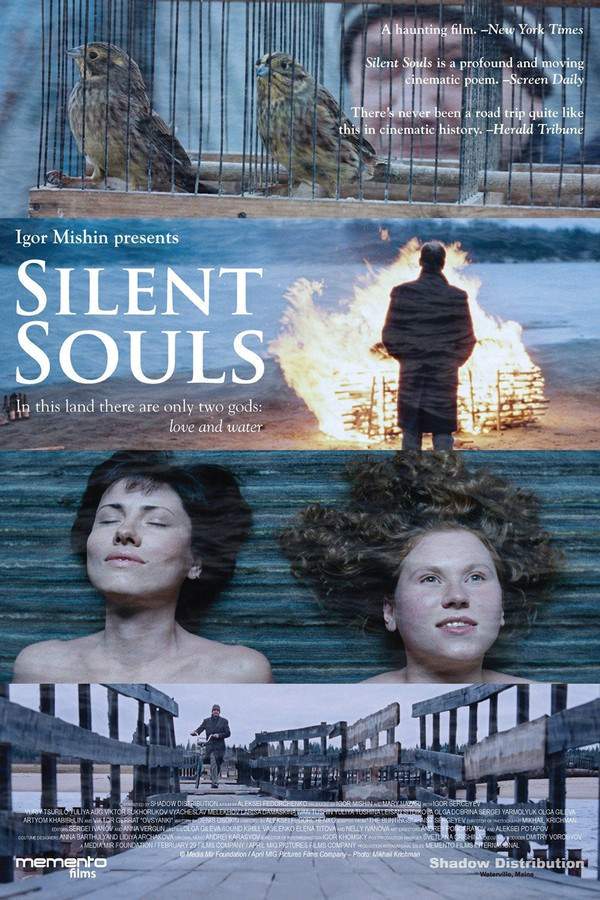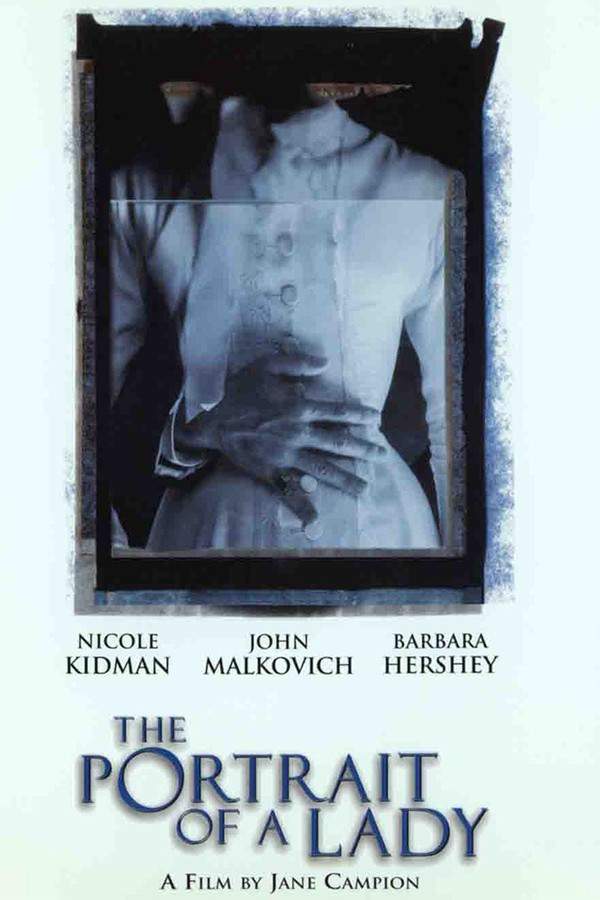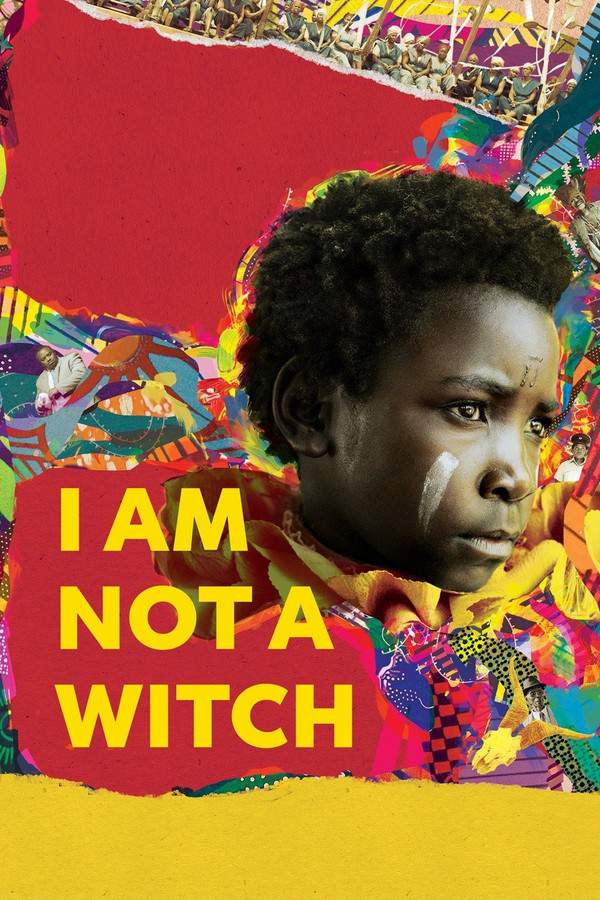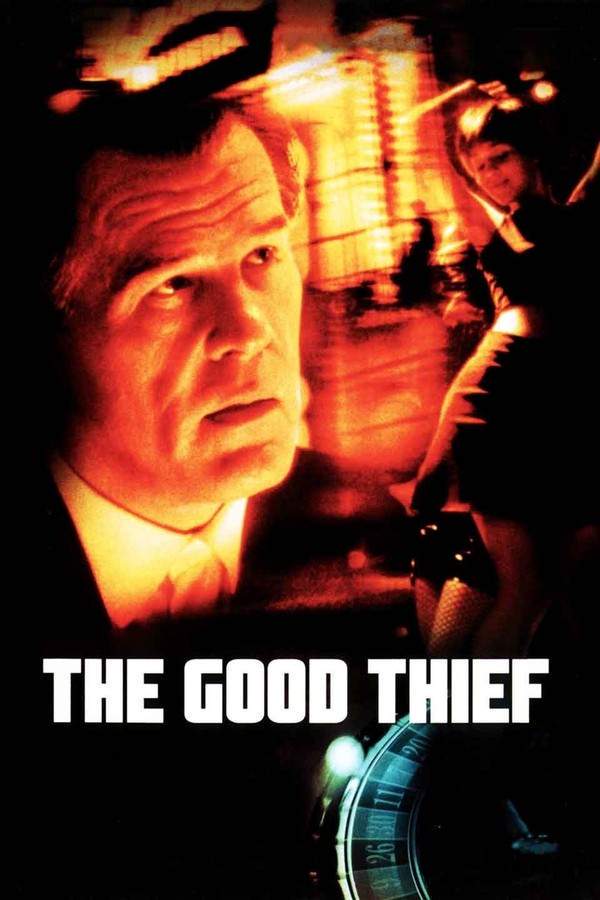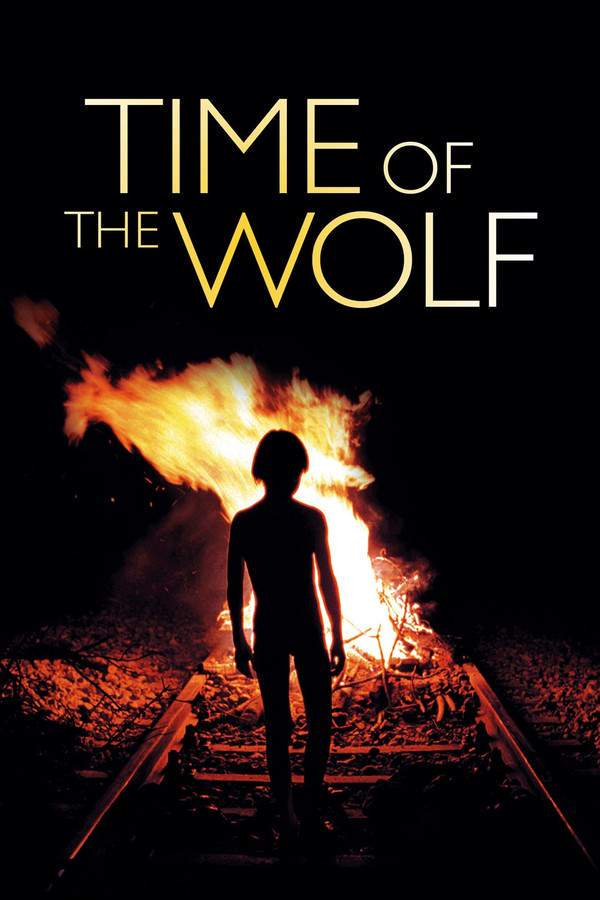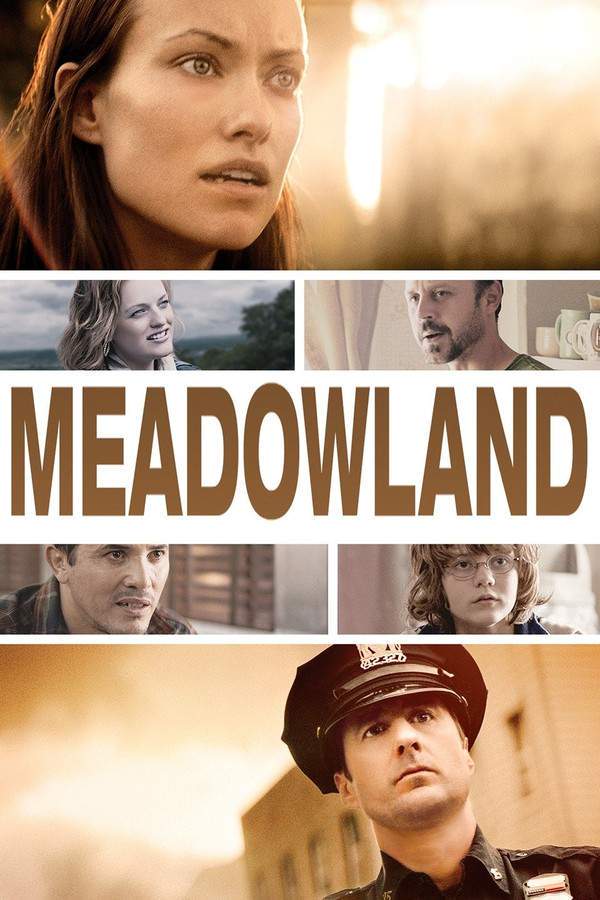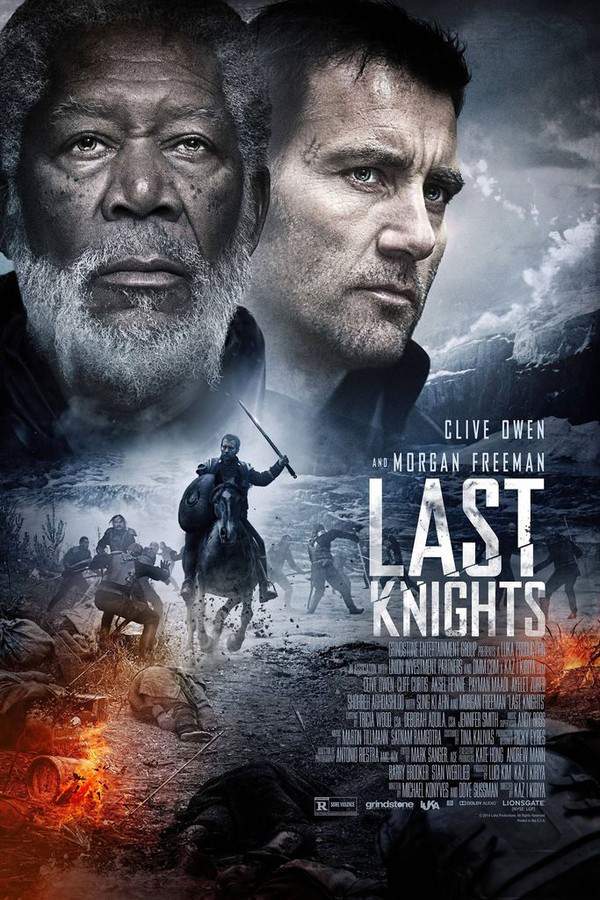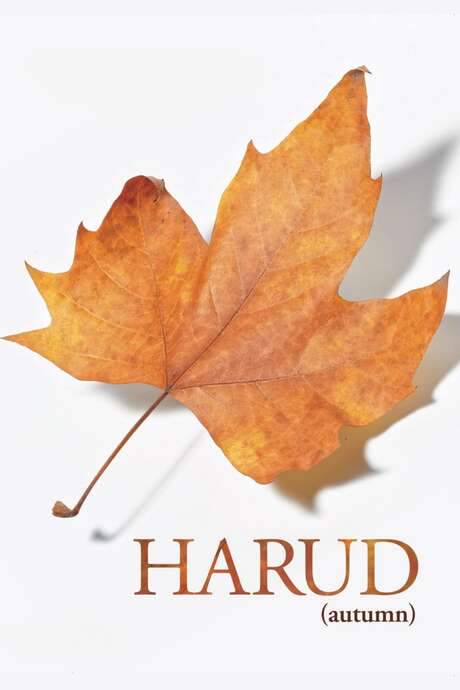
Harvest: 3,000 Years
Year: 1975
Runtime: 150 mins
Language: Amharic
Director: Haile Gerima
The film offers a meditative portrait of impoverished Ethiopian peasants, blending documentary footage with narrative storytelling. It follows their daily routines, labor and community bonds, letting the drama emerge from the enduring, persistent challenges that shape their lives.
Harvest: 3,000 Years (1975) – Spoiler-Free Movie Summary & Plot Overview
Get a spoiler-free look at Harvest: 3,000 Years (1975) with a clear plot overview that covers the setting, main characters, and story premise—without revealing key twists or the ending. Perfect for deciding if this film is your next watch.
In the rolling countryside of Ethiopia, the camera moves with quiet reverence through fields, homesteads, and market stalls, letting everyday labor and the rhythm of the seasons speak for themselves. The film blends documentary‑style observation with a subtle narrative thread, creating a meditative portrait where each sunrise and each modest task feels both intimate and universal. Scarcity, the weight of tradition, and the ever‑present gaze of a distant authority shape a world that is at once harsh and richly human.
At the heart of this landscape lives a modest peasant family. Beletch, a young girl whose hands are as familiar with cattle and charcoal as they are with whispered dreams, navigates the limits placed on her by gender and circumstance. Her mother, Kasu Asfaw, and father, Melaku Makonen, provide the steady, if weary, foundation of daily life, while the family’s matriarch, Grandmother, offers quiet prophetic words that hint at a longing for change. Together they embody the perseverance that sustains the community through each demanding season.
Beyond the family, the social fabric is stitched together by a hierarchy that hovers like a shadow. The landowner, a stoic figure who issues commands from the porch of his house, represents an entrenched feudal order, while his son, Adane Melaku, serves as a living reminder of the generational gap between power and toil. Kentu, the landowner’s devoted servant, carries his own unspoken yearning for a different fate, and Kebebe, a solitary man who makes his home beneath a bridge, moves through the village as a muted voice of resistance, challenging the accepted norms with quiet defiance.
The film lingers on the rituals that precede the harvest—collecting grass, selling small wares, the communal chatter that stitches lives together—creating a tone that is both patient and urgent. By focusing on the textures of daily existence rather than grand plot twists, the story invites viewers to contemplate how a community endures, how hope flickers amid oppression, and how the cycles of labor and longing continue to shape the souls of those who remain rooted to the land.
Last Updated: December 04, 2025 at 18:14
Explore Movie Threads
Discover curated groups of movies connected by mood, themes, and story style. Browse collections built around emotion, atmosphere, and narrative focus to easily find films that match what you feel like watching right now.
Meditative portraits of oppressive realities like in Harvest: 3,000 Years
Slow, observational films that immerse you in the weight of systemic hardship.Discover movies like Harvest: 3,000 Years that use a slow, observational style to explore harsh social realities. If you appreciated the meditative immersion into the lives of Ethiopian peasants, you'll find similar films here that focus on patient storytelling and the emotional weight of enduring hardship.
Narrative Summary
Narratives in this thread often unfold in a vignette-like structure, emphasizing daily routines and the cyclical nature of struggle over a traditional plot. The drama emerges from the persistent, unchanging challenges faced by characters, focusing on endurance and the bonds of community within an oppressive system.
Why These Movies?
Movies are grouped here for their shared meditative and somber mood, their slow, observant pacing, and their unflinching focus on depicting real-world social struggles with a heavy emotional weight and a gritty, patient tone.
Stories of endurance and unresolved injustice like Harvest: 3,000 Years
Heavy dramas where characters resist exploitation but change remains elusive.Find films similar to Harvest: 3,000 Years that explore themes of feudal exploitation, rural poverty, and quiet resistance. These movies share a heavy emotional weight and often ambiguous endings, focusing on community bonds and the tragic cycles of labor and social hierarchy.
Narrative Summary
The typical narrative follows a community or individual grappling with an entrenched power structure. Conflict is a slow-burning constant rather than a series of climaxes. Stories often end without clear resolution or justice, emphasizing the endurance of the oppressed and the tragic, repeating patterns of their lives.
Why These Movies?
These films are connected by their central focus on themes of exploitation and resistance, their straightforward narrative complexity, their heavy emotional weight stemming from tragic outcomes, and their tendency towards ambiguous endings that mirror unresolved real-world struggles.
Unlock the Full Story of Harvest: 3,000 Years
Don't stop at just watching — explore Harvest: 3,000 Years in full detail. From the complete plot summary and scene-by-scene timeline to character breakdowns, thematic analysis, and a deep dive into the ending — every page helps you truly understand what Harvest: 3,000 Years is all about. Plus, discover what's next after the movie.
Harvest: 3,000 Years Summary
Read a complete plot summary of Harvest: 3,000 Years, including all key story points, character arcs, and turning points. This in-depth recap is ideal for understanding the narrative structure or reviewing what happened in the movie.

Harvest: 3,000 Years Timeline
Track the full timeline of Harvest: 3,000 Years with every major event arranged chronologically. Perfect for decoding non-linear storytelling, flashbacks, or parallel narratives with a clear scene-by-scene breakdown.

Characters, Settings & Themes in Harvest: 3,000 Years
Discover the characters, locations, and core themes that shape Harvest: 3,000 Years. Get insights into symbolic elements, setting significance, and deeper narrative meaning — ideal for thematic analysis and movie breakdowns.

More About Harvest: 3,000 Years
Visit What's After the Movie to explore more about Harvest: 3,000 Years: box office results, cast and crew info, production details, post-credit scenes, and external links — all in one place for movie fans and researchers.


